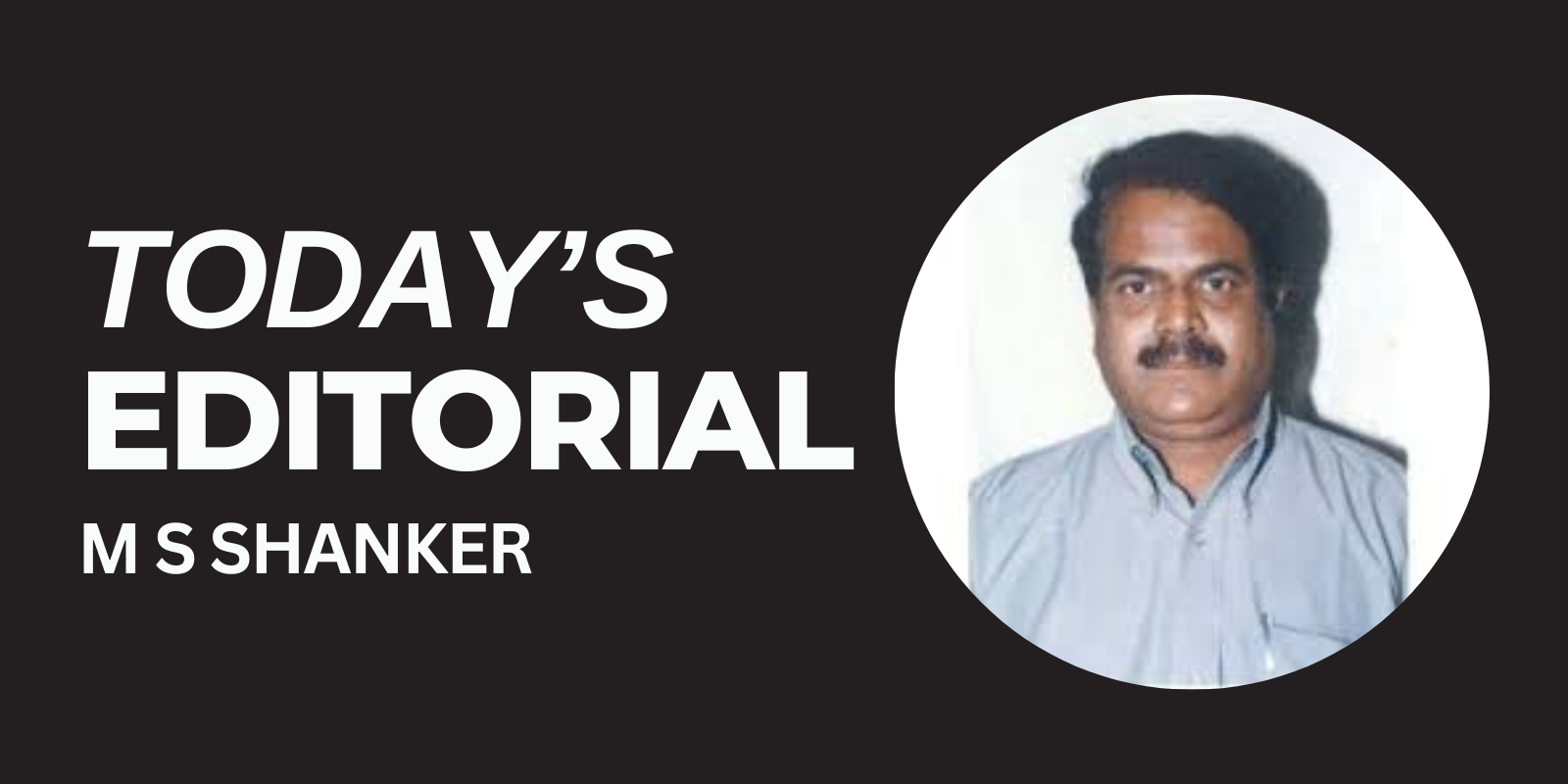In a significant breakthrough, the Delhi Police recently intercepted a massive consignment of cocaine worth Rs 5,000 crore, sending ripples across political corridors and law enforcement agencies. This case, which emerged on Octoberm1, has not only grabbed headlines due to the staggering quantity of drugs but has also raised serious political allegations. The alleged kingpin, Tushar Goyal, reportedly has links to the Congress party, and the money involved was allegedly intended for influencing the Haryana elections. As the investigation unfolds, it brings into focus the intertwined worlds of drug trafficking, politics, and election finance. The haul is being regarded as one of the largest in recent times, dealing a serious blow to the drug cartels operating in India and abroad. Cocaine, a high-value drug, has been steadily gaining traction in India, where its demand is growing among the affluent sections of society. The street value of Rs 5,000 crore plus represents a substantial part of this illicit economy, which has far-reaching impacts on society, law enforcement, and politics. This is not just a simple drug bust; the sheer volume of drugs and the monetary value attached to it signify a larger syndicate with deep connections, beyond India’s borders. Given the scale of this operation, one cannot overlook the logistics involved in smuggling such a massive quantity into the country. This suggests a highly organized network, likely involving powerful individuals with enough influence to safeguard such risky operations.
While no direct evidence of Congress’s involvement has been produced yet, the timing of the bust—right before the Haryana elections—has raised eyebrows. Allegations suggest that the money generated from this drug operation was meant to be funnelled into the election campaign to tilt the scales in favour of certain candidates. This claim, if proven true, could be devastating not just for the Congress but for the integrity of the democratic process itself. Election campaigns in India are often marred by accusations of illicit funding, and this drug bust adds a sinister layer to the existing concerns. However, without concrete evidence, the allegations remain just that – claims without proof. Still, the shadow of suspicion now looms large over the Congress, particularly in Haryana. The case may become a political hot potato today, the polling day. Whether or not there is truth to the claim that drug money was meant for election purposes, the perception has already taken root. Political opponents of the Congress will undoubtedly exploit this, questioning the party’s integrity and ethics. The BJP, which has been in power in Haryana, is likely to capitalize on this issue to paint Congress as a party that allegedly resorts to illegal and dangerous means to win elections.

At the same time, this incident casts a long shadow over the electoral process as a whole. In a democracy, elections should be a fair contest of ideas and policies, not influenced by drug money or criminal enterprises. If such allegations continue to surface, it risks undermining public confidence in the election process and democratic institutions. The Election Commission may need to step in to ensure that such incidents do not interfere with the electoral process, calling for stricter surveillance and accountability. This bust has reaffirmed the Delhi Police’s capability to track down and dismantle major drug cartels. However, it also underscores the larger challenge India faces in combating drug trafficking. The country has become both a destination and a transit hub for international drug networks, particularly for high-value drugs like cocaine. The involvement of Indian operatives in such large-scale operations shows how deeply entrenched the drug menace has become in India’s underworld. For law enforcement, this is a battle that goes beyond just seizing drugs; it involves breaking the nexus between drug lords, political actors, and other facilitators. In this case, if the allegations of political involvement are proven, it will reveal a disturbing confluence of power, crime, and corruption. The need for coordination between central agencies like the Narcotics Control Bureau (NCB) and state police departments has never been more critical. The Rs 5,000 crore cocaine bust is not just a law-and-order issue; it is a multifaceted problem that touches upon politics, elections, and national security. As investigations progress, the involvement of Tushar Goyal and his alleged political connections will likely dominate the headlines. While the case is still developing, it is crucial for law enforcement to keep the process transparent and for the political class to distance itself from any such dubious associations. If India is to uphold the sanctity of its elections and society, rooting out drug cartels and their enablers must remain a top priority.





